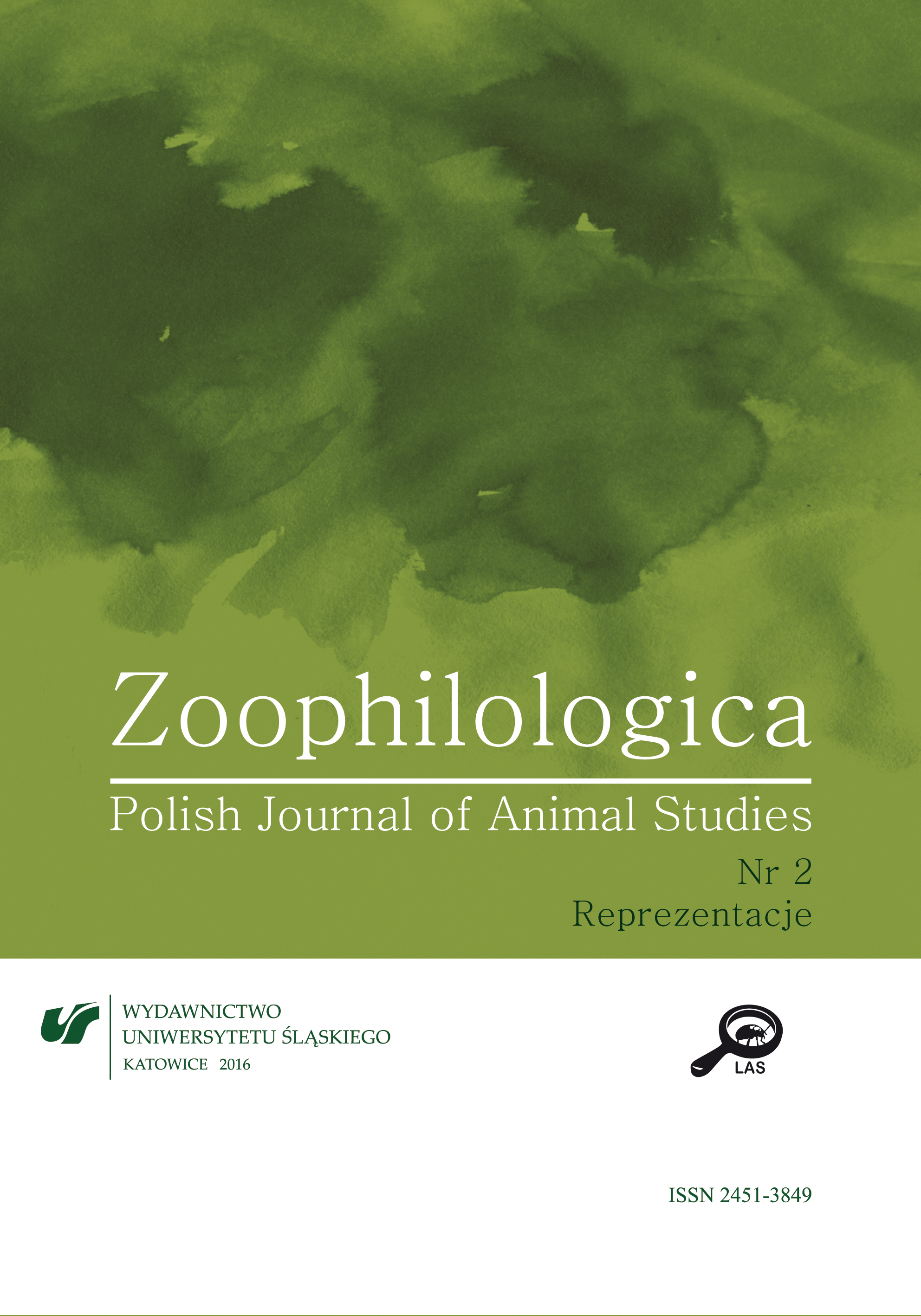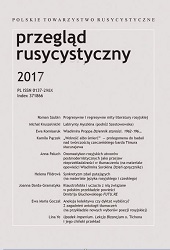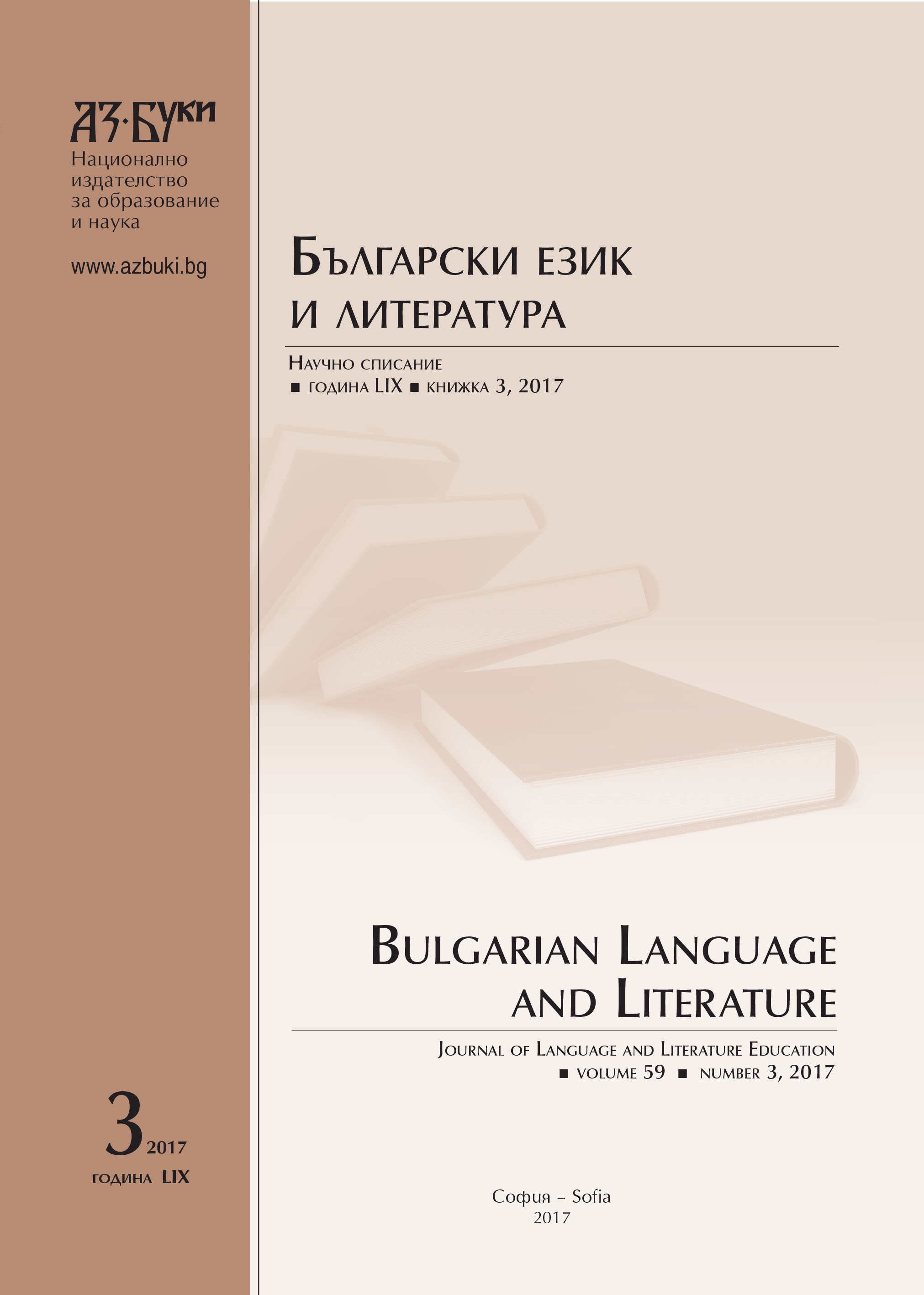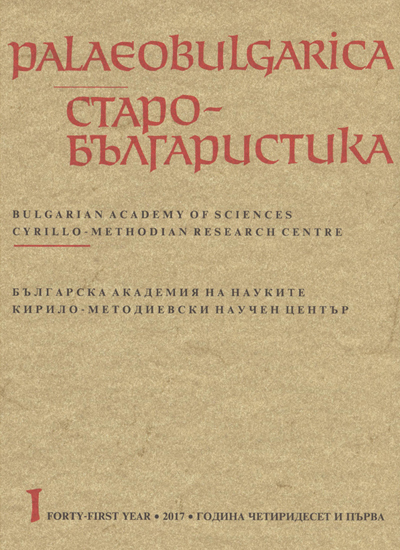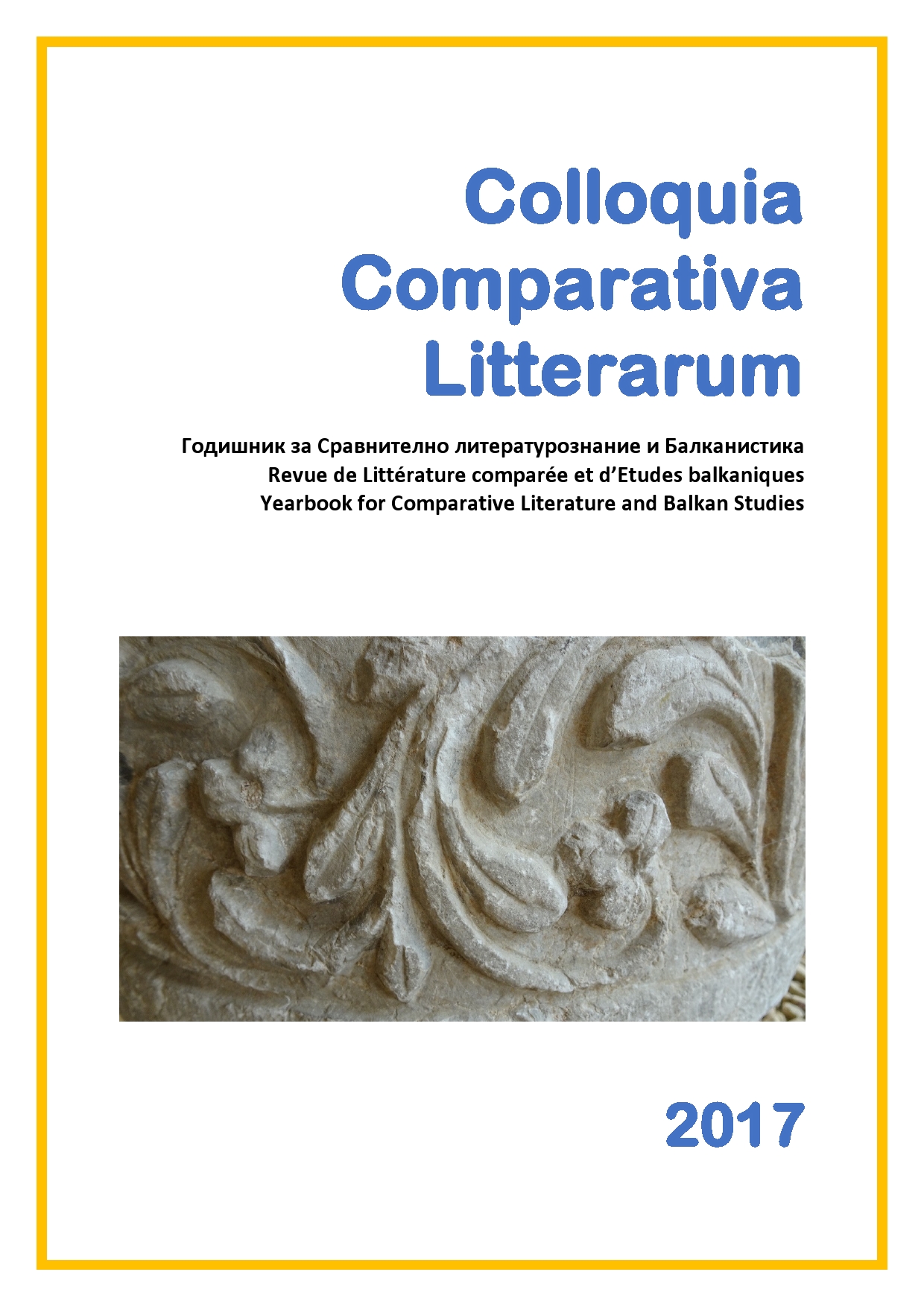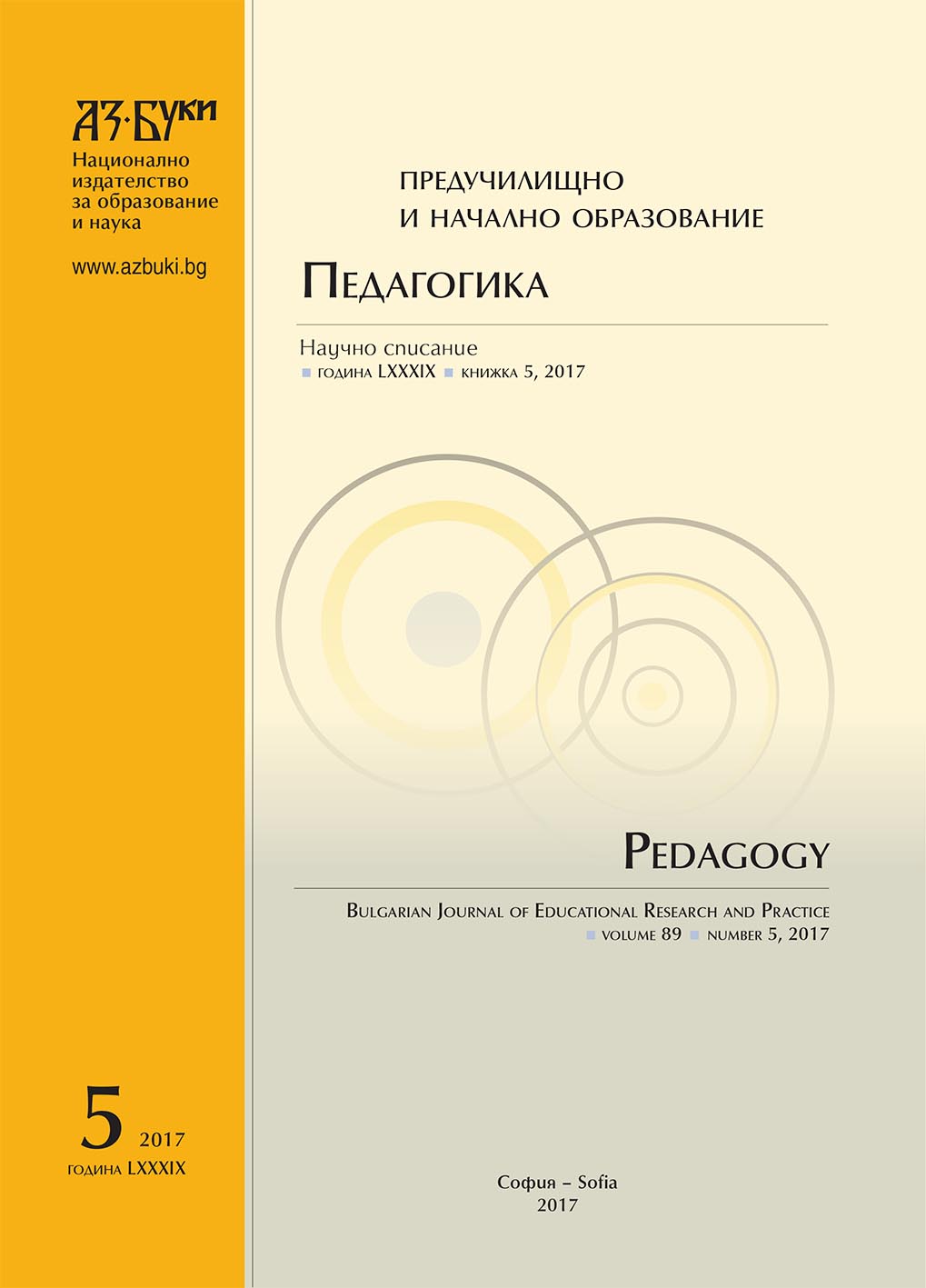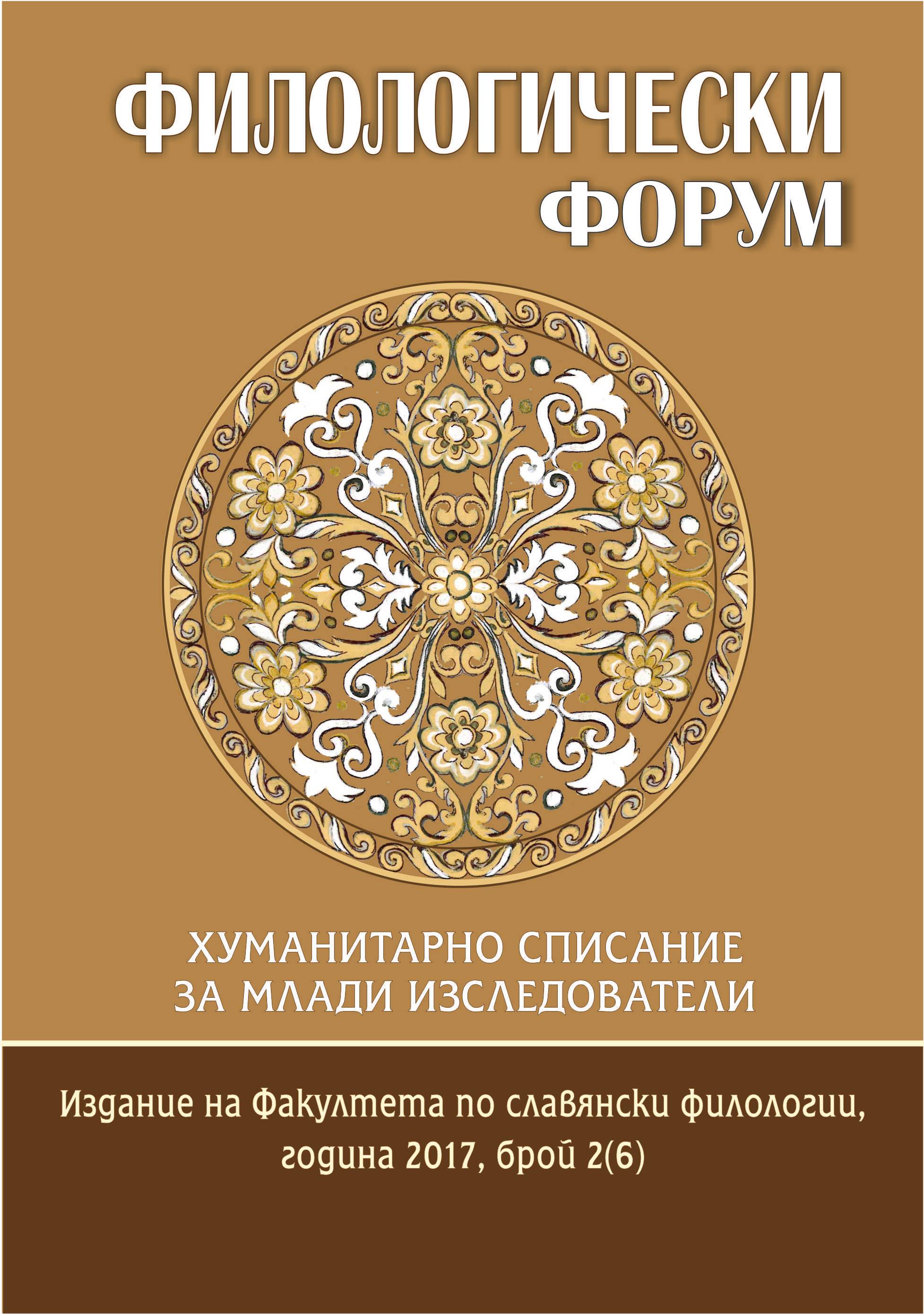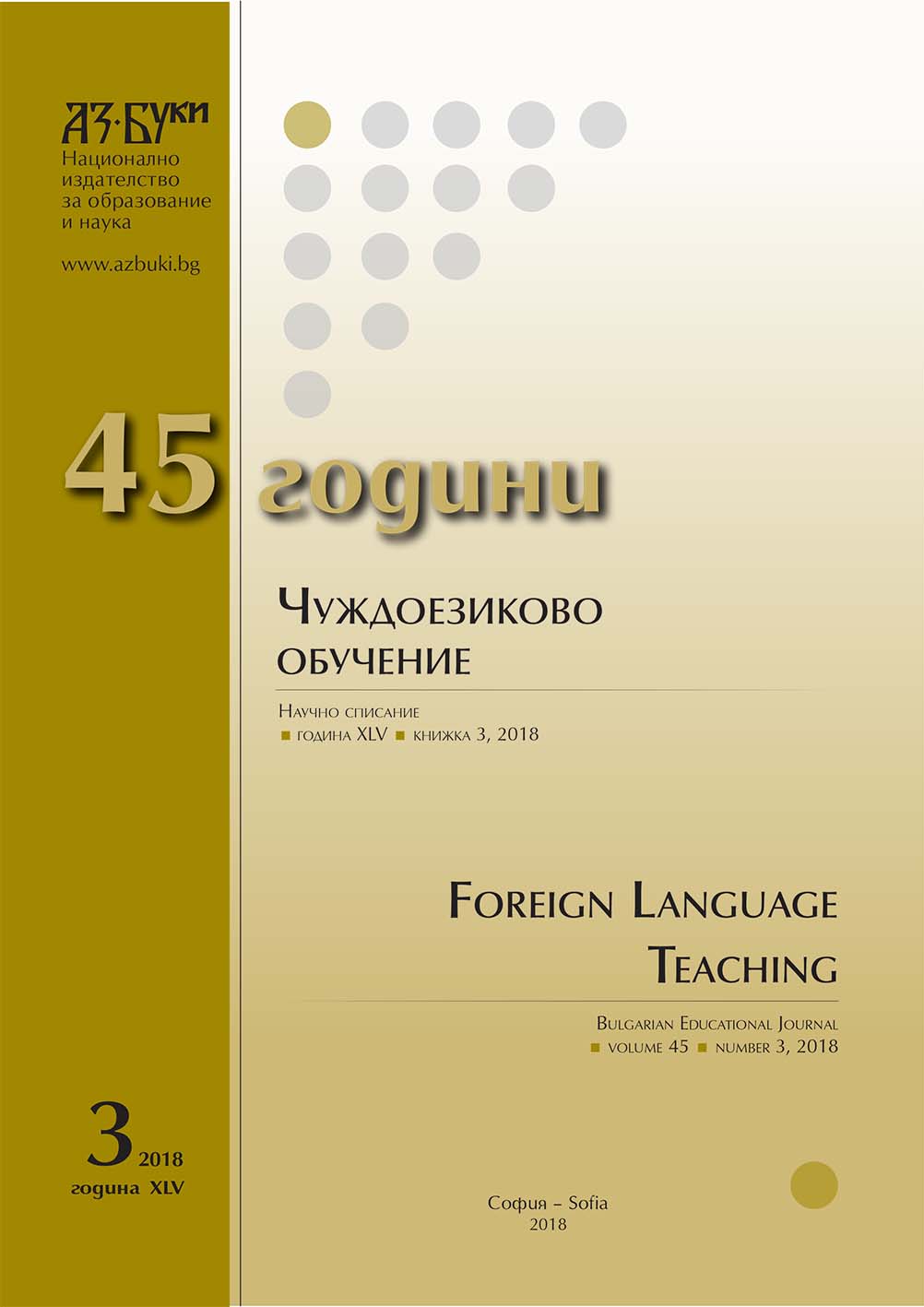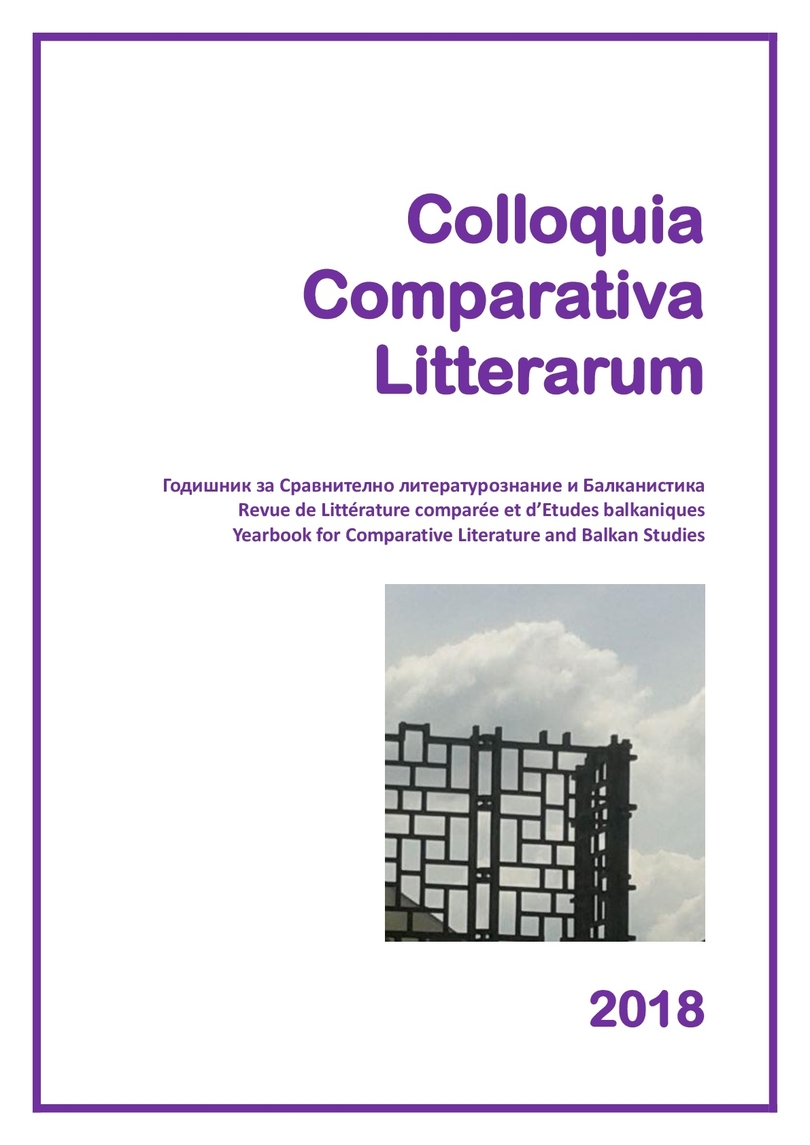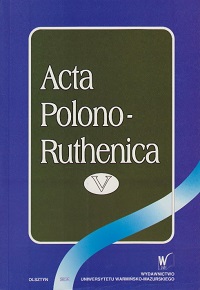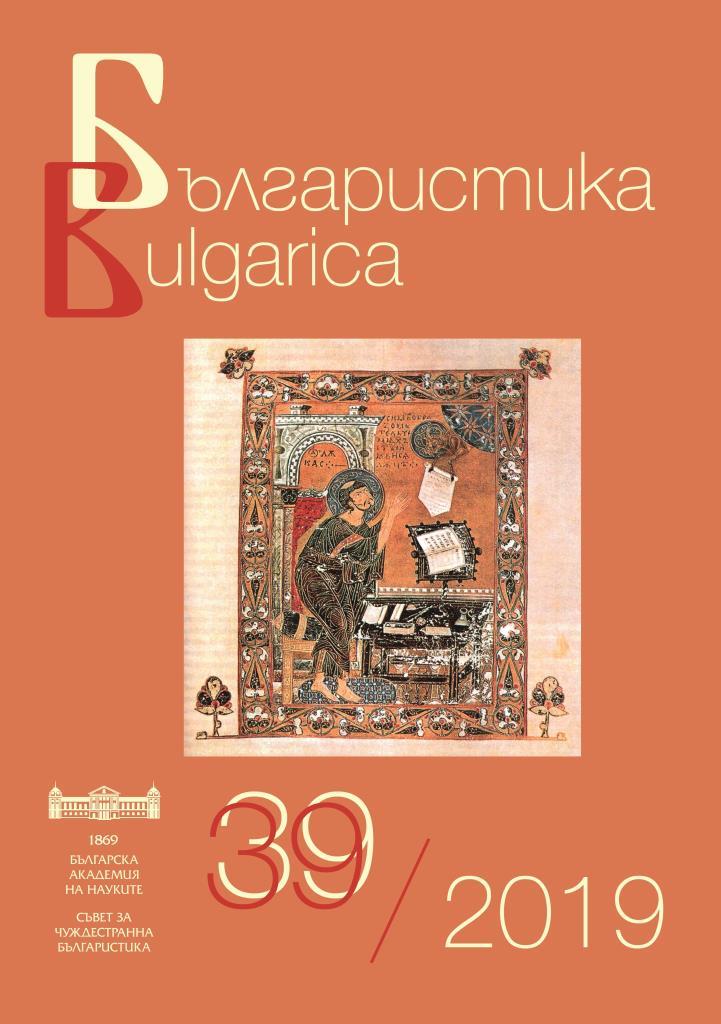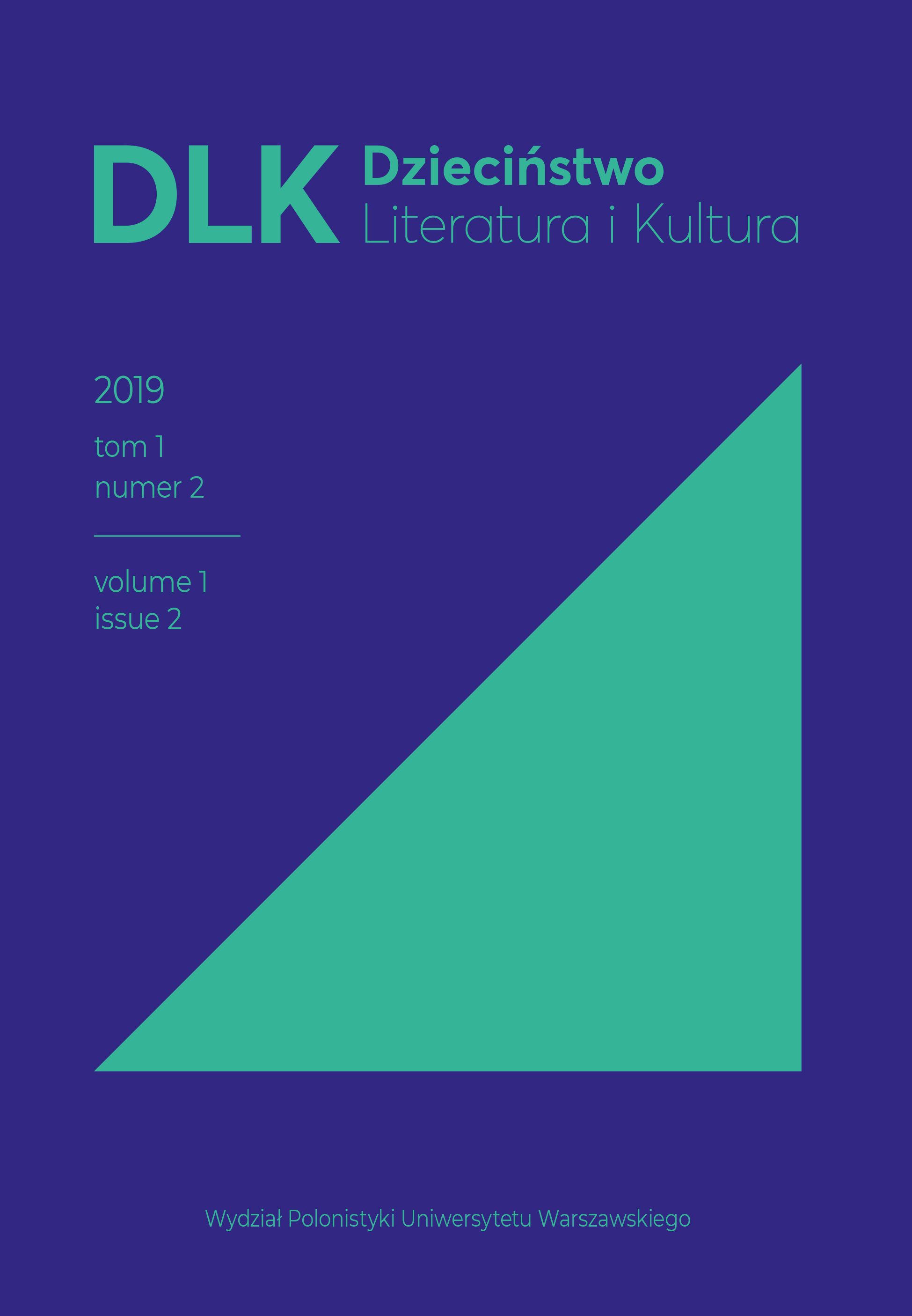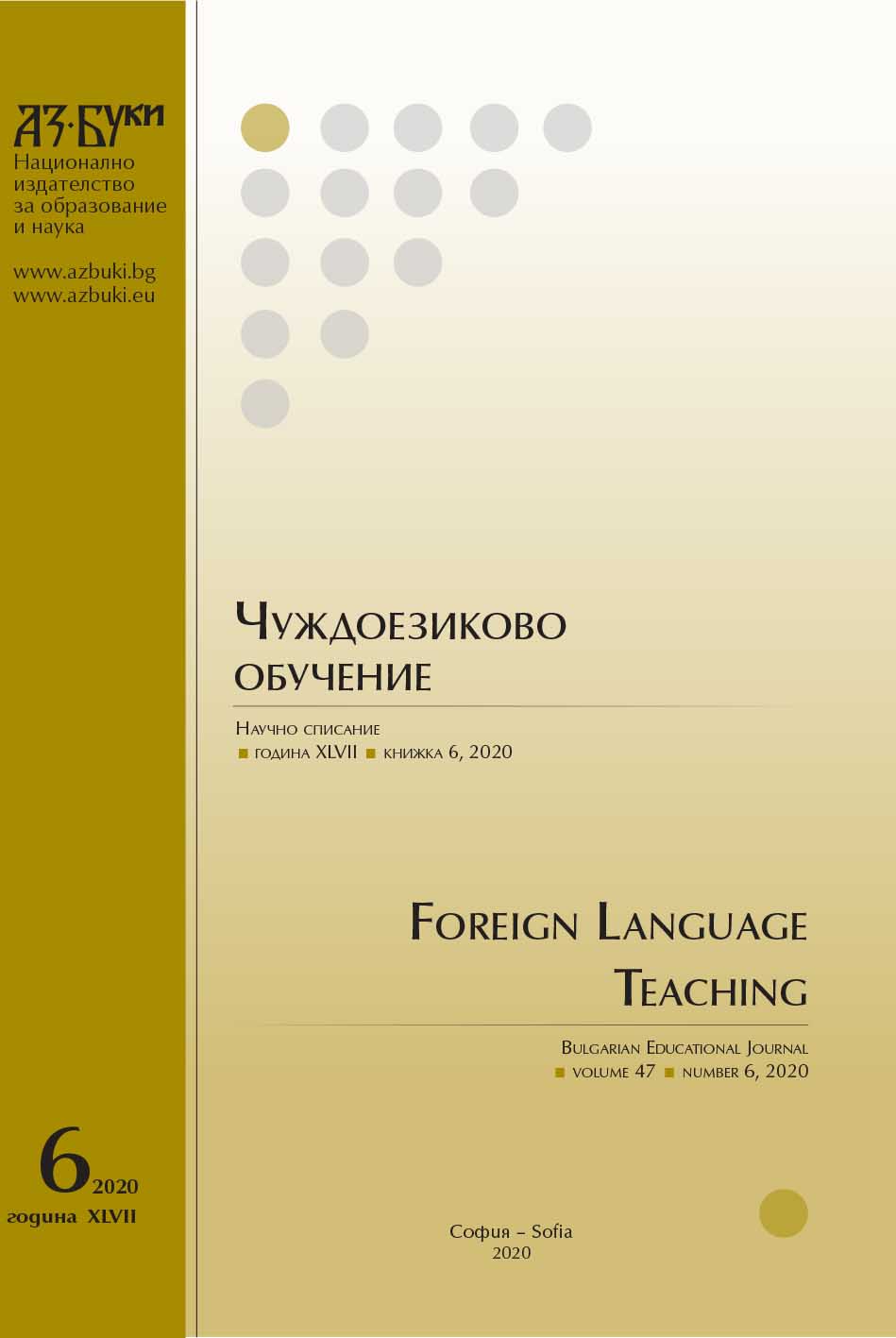Author(s): Michael Moser,Elizaveta Baran-Komari,Beáta Biró-Nink,István Fried,Mária Gyöngyösi,Marija Djondjoish,Sarolta Horvai-Simon,Ivan Iljdiko / Language(s): English,Russian,German
Issue: 1/2010
Review of:
1. САБАДОШ I. Словник закарпатсько1 roeip KH села Сокирниця Хустського району. Ужгород: «Jlipa», 2008. 480 с.
by: Elizaveta Baran'-Komari
2. HETÉNYI Zsuzsa (szerk.): „Szóba formált világ”. Tanulmánykötet Han Anna születésnapjára. (Dolce Filológia 7.) Budapest, 2008. 273 p.
by: Beáta Biró-Nink
3. SMOLEJ Tone, STANOVNIK Majda: Anton Ocvirk. (Znameniti Slovenci.) Ljubljana: Nova revija, 2007. 288 p.
by: István Fried
4. ПЕТЕР Михай: Русское стихосложение (Вводный курс) - PÉTER Mihály: Orosz verstan. Bevezetés. (Bibliotheca Baltoslavica Budapestiensis 3.) Budapest: ELTE Ukrán Filológiai Tanszék - Argumentum, 2008. 120 p.
by: Mária Gyöngyösi
5. ZIMMERMANN Tanja: Abstraktion und Realismus im Literatur- und Kunstdis- kurs dér russischen Avantgarde. (Wiener Slawistischer Almanach. Literarische Reihe. Sonderband 68. Unterreihe Intermedialitat 4.) Wien-München, 2007. 380 S.
by: Marija Djondjoish
6. PETROVA Alena: Uberlegungen zu einer gattungsspezifischen Poetik des Raums an Textbeispielen der russischen Literatur des 19. Jahrhunderts. (Publikatio- nen zur Slawistik. Literaturwissenschaftliche Reihe 33.) Frankfurt am Main: Lang Verlag, 2008. 370 S.
by: Sarolta Horvai-Simon
7. SOBOLEVA Olga: The Silver Mask - Harlequinade in the Symbolist Poetry of Blok and Belyi. Bern: Peter Lang AG, 2008. 298 p.
by: Iljdiko Ivan
8. GUCKA Agnieszka: Obraz emigracji polskiej na iamach Dziennika Poznanskiego (1859-1939) i Kurier Poznanskiego (1872-1939). (Kultura na pograniczach 2.) Warszawa: Slawistyczny Osrodek Wydawniczy, 2005. 354 p.
by: Michael Moser
More...

